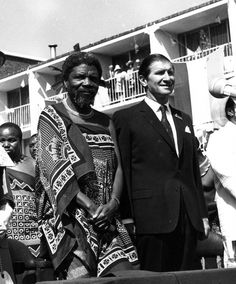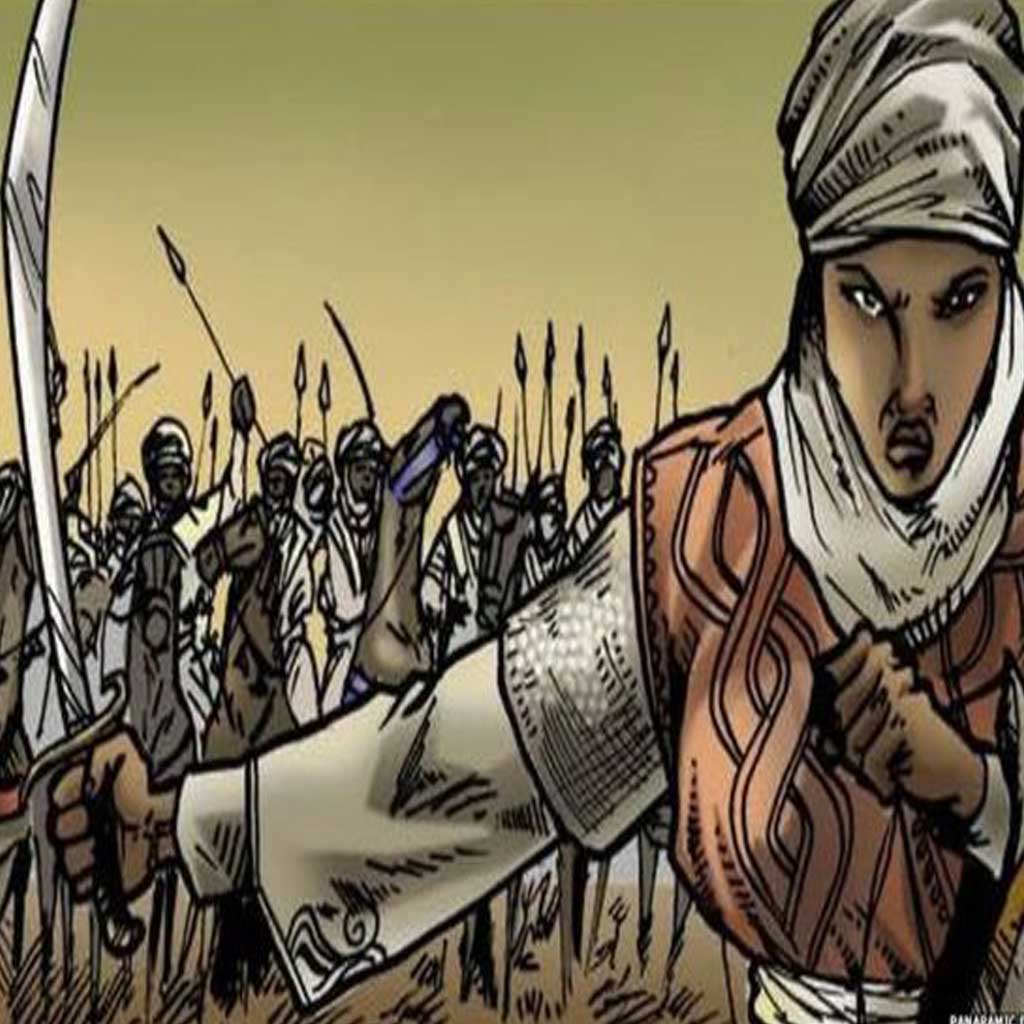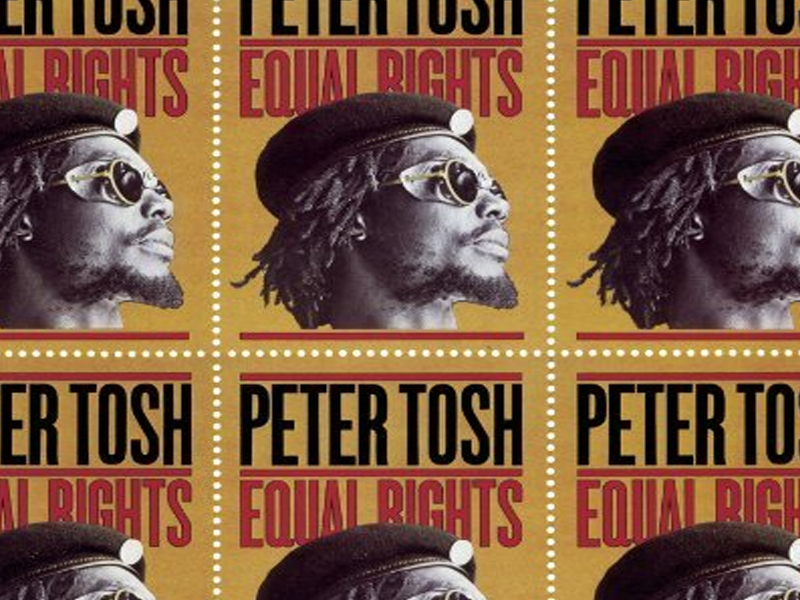
King Sobhuza II
King Sobhuza II – Youngest Monarch Ever Who Rule for 82 Years – The Longest Verifiable Reign in History
King Sobhuza ll of Swaziland ruled for a record 82 years and 254 days, the longest and certifiable reign of any King recorded in the history of the modern world. Sobhuza ll who reigned from 22 July 1899 to 21 August 1982 got crowned as the Paramount Chief and became King Swaziland.
Sobhuza, son of Inkhosikati Lomawa Ndwandwe and King Ngwane V., was born on 22 July 1899 right inside the Zombodze Residence. Sobhuza was only four months old when his father died suddenly while dancing during incwala ceremony – the main ritual kingship in the kingdom.
Infant Sobhuza was immediately chosen king soon after the demise of his father. But being just four months old, his grandmother Labotesbeni and Prince Malunge, his uncle, led the Swazi kingdom until he became mature in 1921.
Young and vibrant King Sobhuza ll led the kingdom of Swaziland through independence with chains of historical events until his death in 1982. His direct ancient reign would endure more than 60 years – from 1921 to 1982, including a period during which he led Swaziland’s independence from the United Kingdom in 1968. The British government subsequently recognized him as King of Swaziland, also known as Eswatini.
King Sobhuza ll successfully reinstated and strengthened the monarch position as the significant authority of the kingdom following avalanche of sequential political events which shook the status of the throne during the peak period of his reign. He subsequently celebrated his 60-year rule after he had ensured the monarch’s role remains would continue to be the chief judge of authority in his kingdom.
Sobhuza died on 21 August 1982 at Embo Statehouse at the age of 83 and was succeeded by his young son, Mswati I, who was crowned in 1986.
His official incumbency of 82 years and 254 days remains the worlds longest precisely recorded monarchical reign of any sovereign since ancient time. Though there are disputed claims that reigns of Pep ill Neferkare of the Ancient Egypt and Taejo of the ancient kingdom of Goguryeo of Korea were longer than Sobhuza’s, none of these have neither precise records nor empirical verifications.


